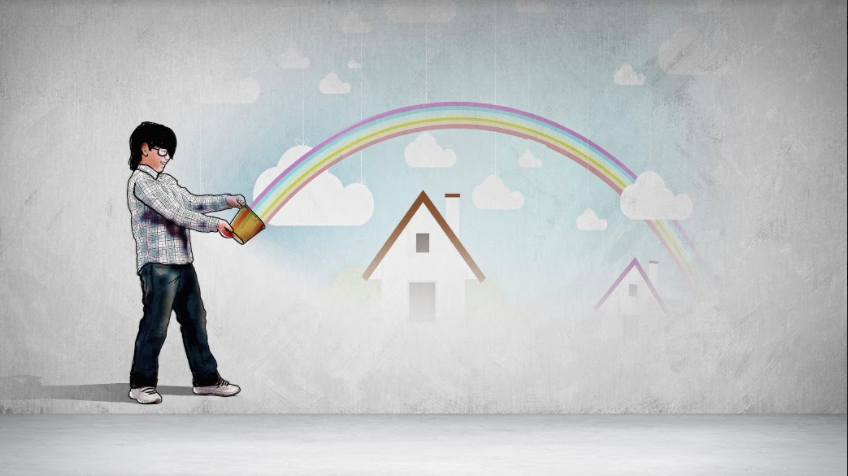These 10 countries are the best at respecting children’s rights

A new study uses United Nations data to measure how children’s rights are respected across the globe.
Iceland, Switzerland and Finland come top.
But worldwide, millions of children face extreme poverty due to COVID-19.
Of the myriad tragic effects of COVID-19, its impact on young people could prove to be one of its most damaging legacies.
The authors of a new report say the crisis has “turned back the clock” on years of progress made on kids’ well-being and put children’s rights under serious pressure across the globe.
The KidsRights Index 2020 measures how children’s rights are respected worldwide, and the extent to which countries are committed to improving them.
The data doesn’t directly include the impact of the pandemic, but the wider report, presented in the context of coronavirus, warns of the “disastrous” impact of the crisis on children.
The index finds the five best places to grow up healthy, well-educated and respected are all developed Western economies. But it does throw up some more surprising results too.
Children’s NGO KidsRights draws on data from UNESCO, the United Nations Development Programme and the UN Convention on the Rights of the Child to compile the annual report.
It groups 20 indicators into five areas: the right to life; the right to health; the right to education; the right to protection; and the enabling environment for child rights.
For 2020, Iceland tops the 182 nations listed, scoring well for its ‘child rights environment’, with legislation that enables child rights, a focus on the best interests of children and respect for their views. For education, it comes joint first with seven other nations,
Switzerland comes second, and top in the protection category, which looks at child labour, adolescent birth rate and birth registration. Finland – another of the joint-top nations for education – is third, while Sweden and Germany make up the top five.
Italy is highlighted for making significant progress in four of the five areas measured. It has climbed from 74th place in 2019 to 15th in 2020.
The five lowest-scoring countries are the Central African Republic, Equatorial Guinea, Sierra Leone, Afghanistan and Chad.
Thailand and Tunisia in top 20
But developed nations don’t exclusively perform better, according to KidsRights. This is because, rather than simply ranking the places where children have the best life, the index scores countries relative to their capacity to implement children’s rights.
So a host of industrialized nations, like the UK (169th), New Zealand (168th) and Australia (135th), sit quite far down the list, while some less developed countries including Thailand (8th) and Tunisia (17th) perform relatively well.
Looking at individual categories provides an interesting picture too. For example, in the life grouping – which considers criteria such mortality rate and life expectancy at birth – the top three consists of Japan, Italy and Singapore. In health, Portugal, Israel and South Korea top the table. And Thailand, Iceland and Tunisia are the top three for enabling child rights.
Related Posts
Syrian girl who survived horrors of war crowned Arab Reading Challenge champion
A Syrian schoolgirl who survived a deadly missile attack during the civil war in her country has been crowned Arab Reading Challenge champion in Dubai….
November 11, 2022Kind Hearts book is launched in Wexford Library where children recount life in Syria
We’ve become accustomed to seeing children arriving into this country from war-torn nations, grown used to images of terrified people seeking refuge in this safe-haven we have provided. But rarely do we see beyond those pictures, those snippets in time, each of them fading, merging into one as further conflict erupts in lands anew….
October 18, 2022


